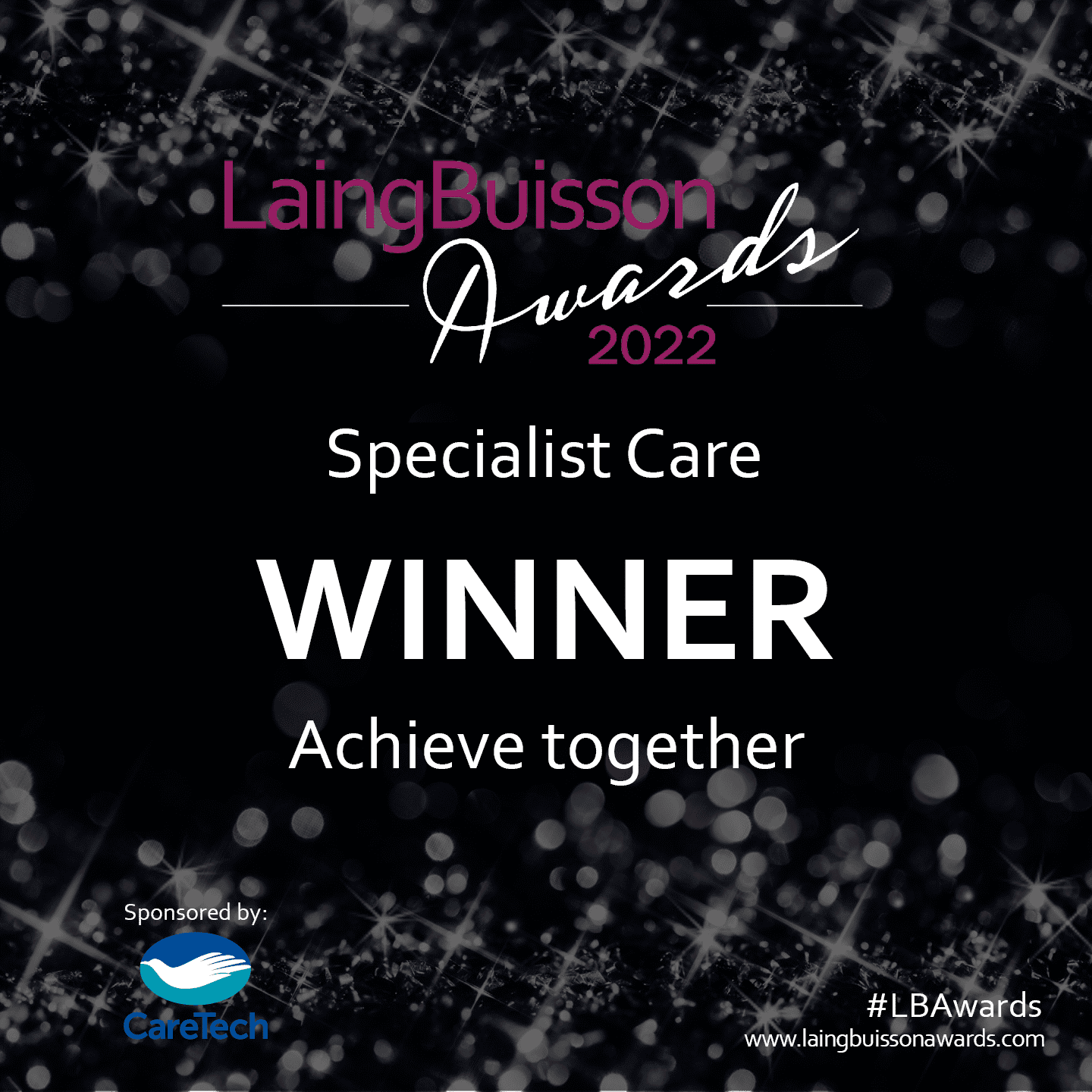It’s Father’s Day on Sunday 19th June, and the day after is International Father’s Day. I hope you don’t mind but this year I’m going to dedicate this blog to my father-in-law Ken, as we recently lost him.
Those of you who have attended my mental health awareness training may remember me mentioning Ken. He was 86 when he came to live with us, and this happened after ‘lock down’ first hit us in April 2020. I remember it well. My other half also named after his dad Ken, received a phone call from a very distressed dad saying that he couldn’t carry on, and that he wanted to die. He had been living on his own for 7 years after the passing of his wife and we had all watched as an immensely proud man deteriorated both physically and mentally. We tried to help of course, but he always refused. The other difficulty we had was that we didn’t live close by, we lived in Somerset and his dad lived in Liverpool. After the phone call, we shot up to Liverpool, collected him and brought him down to Somerset, so we could take care of him. It didn’t take us long to realise that he was really depressed and that he had really been neglecting himself.
At the time it was an absolute trial, trying to get him registered with the GP and then getting him an appointment to see one.
When we finally got an appointment with the GP, and Ken was able to talk to him, he was fine talking about his physical needs like constipation and warfarin levels. However, when the GP tried to talk to him about his mood, he just clammed up and looked at the floor. Which is why I talk about him frequently when I am delivering training, and I ask the questions: “Why don’t men talk about mental health?” and “Do they think different generations look at mental health differently?”
You will be pleased to know Kens mental health did improve, and he died peacefully 2 years later of natural causes.
Men and mental health
It is estimated In England, around one in eight men has a common mental health problem such as depression, anxiety, panic disorder or obsessive-compulsive disorder (OCD). Men are also three times more likely to die by suicide than women. Men aged between 40-49 having the highest suicide rates.
Men are less likely to access psychological therapies than women, and men are more likely than women to go missing, sleep rough, become dependent on alcohol, and use drugs more frequently.
This paints a negative picture, so let’s take this opportunity to let men know there is help and support out there for them if they need it.
I’m going to signpost to just a couple of sites out there that can help and support men with their mental health.
The first one is ‘Men’s Health Forum’ you can access here . During the week 13th -19th June it’s Men’s Health Week, and they are encouraging men to go for health MOT’s.
Another useful link is the ‘Men’s Sheds Association’ . There are community spaces for men to connect, converse and create. The activities are often similar to those of garden sheds, but for groups of men to enjoy together. They help reduce loneliness and isolation, but most importantly, they’re fun. Here’s a video you can watch that explains more; click here to see it.
Let’s all make sure we reach out to the men in our life and check in on them.
If you know of any other helpful organisations for men’s mental health, please share.
If you want to share your stories of your own particular experience of mental health and what has helped you, or if you would like to contribute to the blog you can reply directly or e-mail me on shirley.allmark@achievetogether.co.uk
It would be great to hear from you.
‘Happy Father’s Day’ guys!
Take Care,
Shirl
About Shirley:

I have been a mental health nurse for 28 years. I work in the Health and Wellbeing Team, and my main role is to facilitate mental health and related subjects. I also facilitate epilepsy and emergency rescue medication training. I provide support and consultations to managers and teams supporting individuals with complex needs and mental health difficulties. This blog is written to encourage people to start talking about mental health, in order to raise awareness and reduce stigma.

